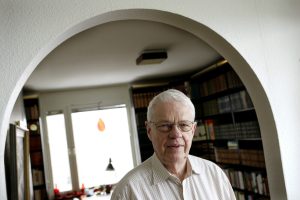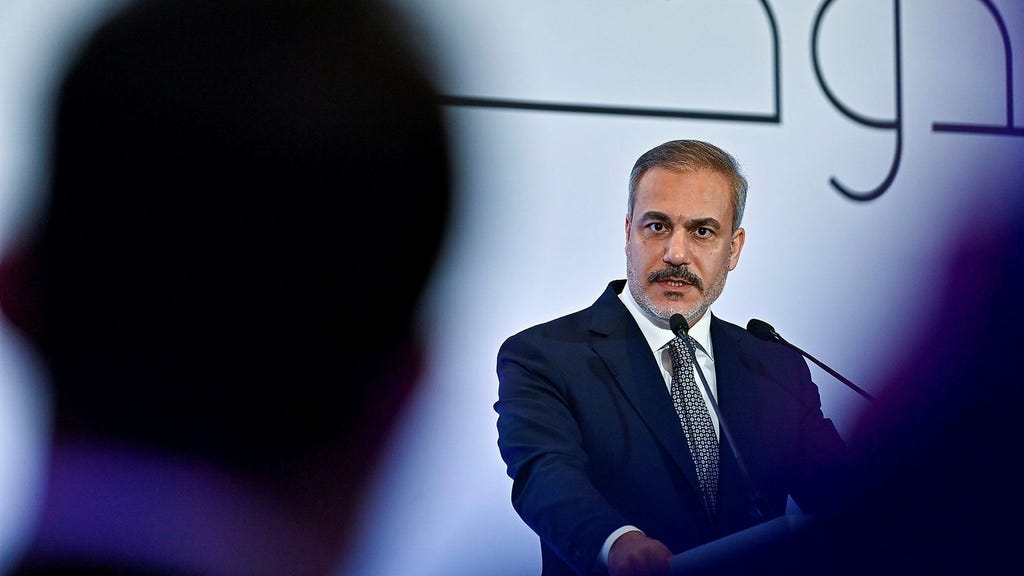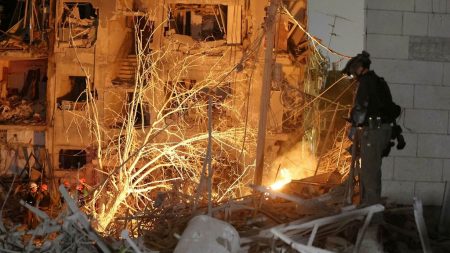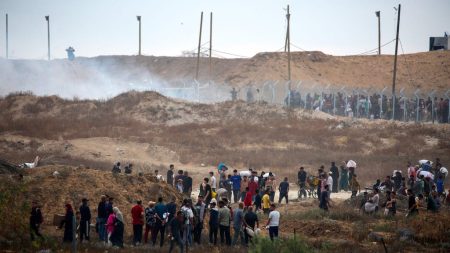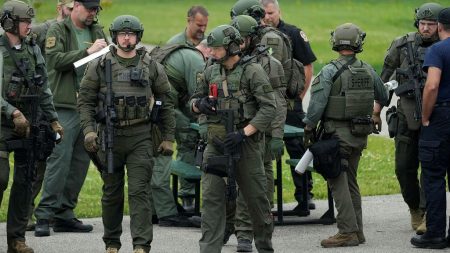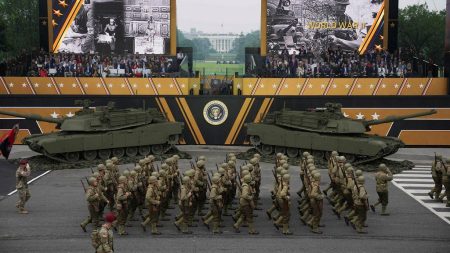Turkish Foreign Minister Hakan Fidan, a close advisor to President Recep Tayyip Erdoğan, has outlined Ankara’s stringent demands for the newly formed Syrian leadership. These demands, articulated in an interview with NTV, center around the expulsion of Kurdish populations from Syrian territory. Fidan’s stipulations extend beyond the removal of Turkish Kurds affiliated with the PKK, a group designated as a terrorist organization by Turkey. He further insists on the expulsion of leading Syrian Kurds, effectively dismantling the Kurdish de facto state of Rojava in northeastern Syria. This hardline stance underscores Turkey’s anxieties surrounding Kurdish autonomy and its potential repercussions within its own borders.
Ankara’s rationale for these demands rests on the premise of Syrian national unity and recovery. Fidan argues that Rojava’s existence is incompatible with this objective, particularly given its control over significant Syrian oil fields. The expectation that the nascent Syrian leadership, lacking substantial military capacity, will prioritize confronting Kurdish forces in the north over pressing concerns in Damascus seems unrealistic. However, Turkey’s forceful pronouncements, delivered by Fidan, and a concurrent visit to Damascus by MIT chief Ibrahim Kalin, another close Erdoğan confidant, signal a clear message to the Syrian leadership, particularly Ahmed al-Sharaa, about Turkey’s expectations. Kalin’s meeting with al-Sharaa, which included a tour of Damascus and prayers at the Umayyad Mosque, reinforces the significance of this message.
Turkey’s aggressive posture towards its former Syrian allies within the rebel groups, particularly the Kurds, appears rooted in a sense of urgency, bordering on panic. Experts like Halil Karaveli interpret this sudden shift as a manifestation of deep-seated anxieties within the Turkish government. Fidan’s unusually blunt pronouncements, a departure from his typically cautious demeanor, point to concerns about potential US and Israeli support for the Kurds. Ankara fears that its backing of Syrian rebel groups may not yield the desired outcomes if the Kurds, specifically the YPG, gain international legitimacy and solidify their control over northern Syria. This anxiety is further fueled by the YPG’s demonstrated military capabilities, particularly their crucial role in the fight against ISIS.
Turkey’s assertive actions also appear aimed at influencing the United States, particularly in light of the upcoming presidential election. Recalling Donald Trump’s previous indifference to the Syrian Kurds during his first term, Ankara might be attempting to preemptively shape US policy in the region. Trump’s earlier willingness to withdraw US troops from Syria, despite the Kurds’ significant contribution to the fight against ISIS, raises concerns in Ankara about a potential repeat of such a scenario. Turkey’s actions could be interpreted as a preemptive move to secure its interests in northern Syria, potentially by influencing the outcome of the upcoming US elections or by creating a fait accompli on the ground.
At the heart of Turkey’s opposition to Rojava lies a deep-seated ideological and psychological aversion to Kurdish autonomy. The Turkish government fears the potential impact of a self-governing Kurdish entity on its own Kurdish population. The existence of Rojava, regardless of its actual threat level, serves as a potent symbol that could potentially embolden Kurdish separatist movements within Turkey. This fear of Kurdish empowerment fuels Ankara’s unwavering commitment to dismantling Rojava and preventing the consolidation of Kurdish influence in the region.
The YPG, a Kurdish socialist movement, controls significant portions of northeastern Syria, forming the de facto state of Rojava. While the YPG maintains ties with the PKK, it denies Turkish accusations of being an extension of the PKK. The YPG’s crucial role in defeating ISIS during the battle of Kobane in 2014, a battle in which Turkey chose not to participate, highlights its military capabilities and strategic importance in the region. Turkey’s insistence on equating the YPG with the PKK, despite the YPG’s proven effectiveness against ISIS, reveals its primary concern: the potential for Kurdish autonomy, regardless of its political ideology, to inspire Kurdish separatism within Turkey’s own borders. This fear underpins Turkey’s aggressive stance and determination to dismantle Rojava, viewing it as an existential threat rather than a potential ally in regional stability.


